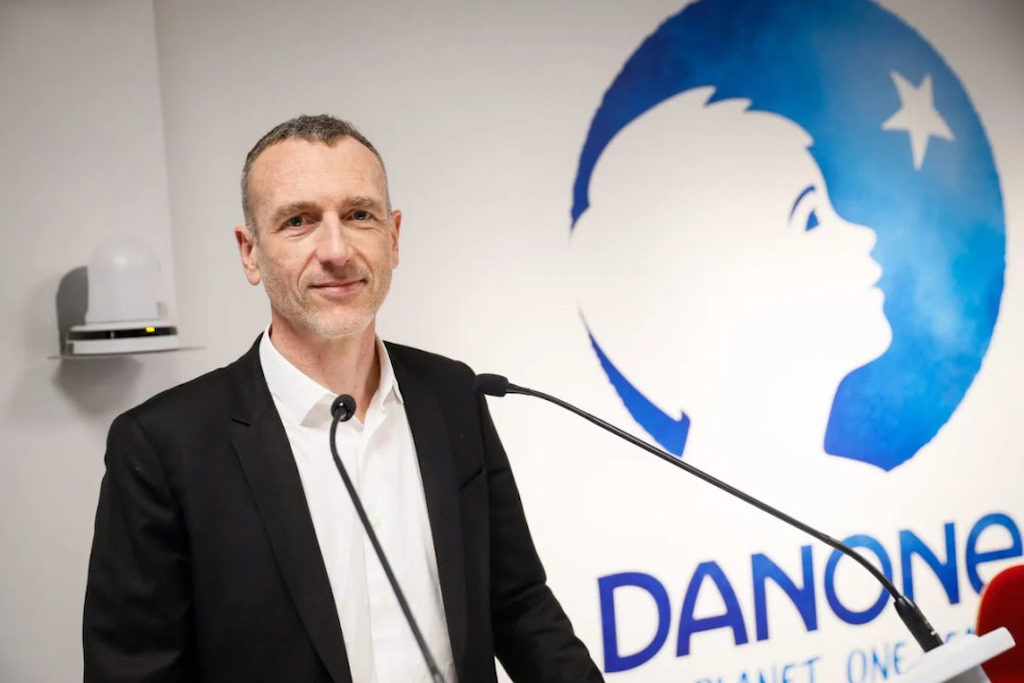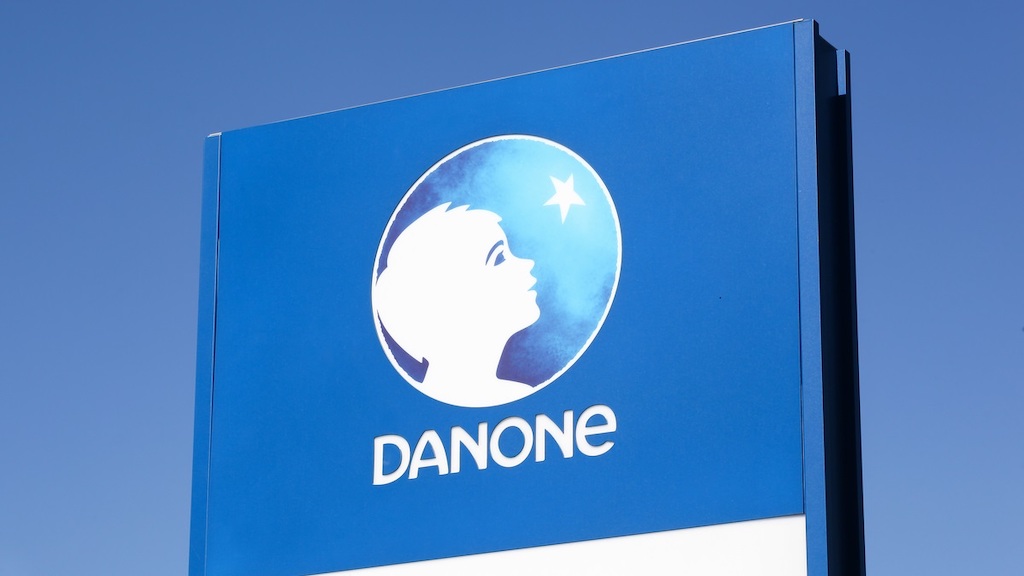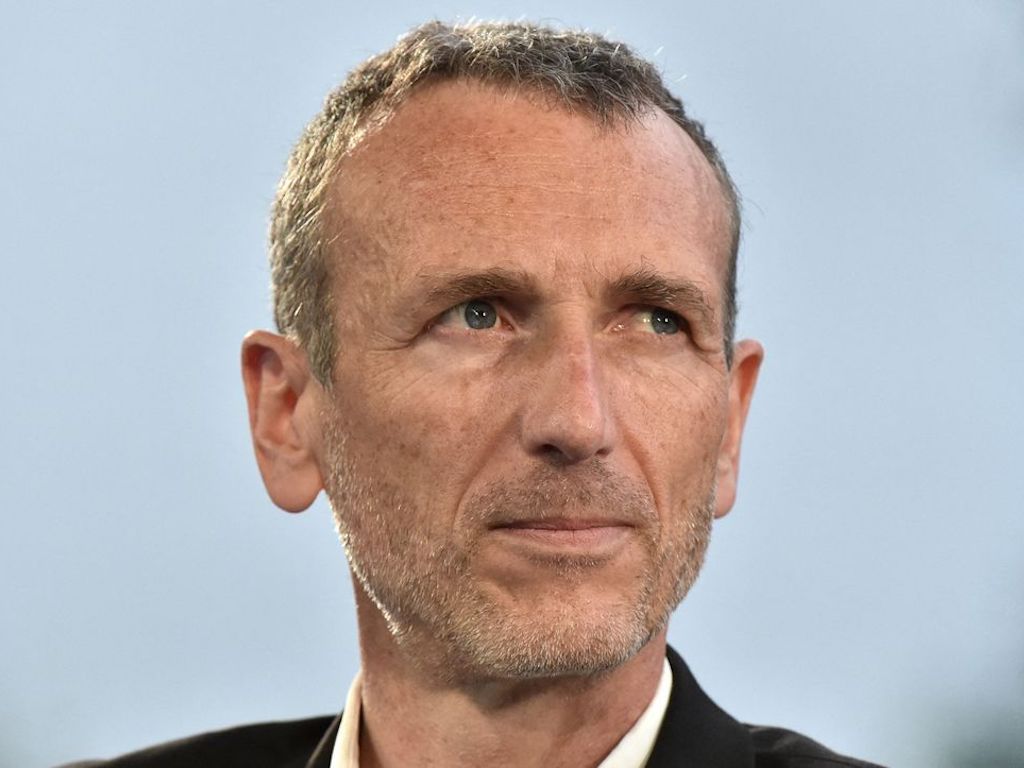4 Mins Read
In March, Danone’s CEO Emmanuel Faber was let go from his position, a decision the French multinational food giant’s board made under pressure from shareholders. As one of the leading voices in the corporate world for ESG-forward principles and stakeholder capitalism, was his championing of green business principles the reason for his exit?
That’s the question that Frank Van Gansbeke asked in his two-part series published on Forbes about Faber’s ousting. Other industry watchers have too been wondering the same.
“His footprint and departure reveal a pervasive rift between staunch supporters of sustainable capitalism and hard-rugged corporate activists,” wrote Van Gansbeke, who teaches as Professor of the Practice at Middlebury College and expert advisor in sustainable development and fintech.
Those activist shareholders who kicked Faber out were mainly helmed by Bluebell Capital Partners and Artisan Partners, who blamed the CEO for his “combination of poor operational record and questionable capital allocation choices.”
Bluebell even added that Faber “did not manage to strike the right balance between shareholder value creation and sustainability”.
During his seven-year tenure, Faber made headlines for implementing the concept of carbon adjusted earnings per share (EPS). The move, made in February last year, would expose the financial cost of greenhouse gas emissions of Danone’s supply chain and what it would take to offset the entire footprint, geared to allowing its investors understand the firm’s environmental impact.

What the carbon adjusted EPS did was drop the company’s 2019 earnings from €3.85 to €2.38, representing a decline of 38%. But the idea was that as Danone takes a more climate-friendly trajectory with Faber at the lead to make it an “enterprise à mission” or a purpose-driven company, it would slowly reduce its environmental footprint and its carbon-adjusted EPS would increase at a faster rate than the conventional recurring EPS.
It’s about playing the long game. Long-termism was an approach rising in popularity with big names, including BlackRock’s Larry Fink, and Faber is a big fan of the concept, and demonstrated it not just by prioritising purpose over profit, but launching the One Planet for Biodiversity (OP2B) initiative.
The campaign, launched at the U.N. Climate Action Summit in September 2019, was all about tackling the one-third of global greenhouse gas emissions that the food and agriculture sector contributes. Other big food players also joined the initiative, including rivals Nestlé and Unilever.
To clamp down on its food emissions, Danone began going all-in on plant-based, launching a new Plant-Based Acceleration Unit to meet its ambitions to increase plant-based sales globally from just over US$2.1 billion in 2019 to US$5.4 billion by 2025.
The new division runs under Danone’s Essential Dairy and Plant-Based (EDP) business, and began expanding into new plant-based categories such as coffee, baby food, aging food solutions as well as diverting existing brands under its portfolio into the plant-based market.
For instance, Danone subsidiary So Delicious expanded its plant-based cheese range to tap the trend, revamping its existing vegan cheese “shreds” product and adding cream cheese spreads and sliced cheeses to the line-up. Shortly after, the French company entered an agreement to acquire Earth Island, the maker of legacy plant-based brand Follow Your Heart.
Van Gansbeke points out that these sustainability initiatives, which also included the pledge to switch to 100% renewable energy by 2030, were likely not to blame for Danone’s “rather lackluster” market performance, which proved to be the tipping point for Faber’s demise.

“Was there another technical development at play?” wrote Van Gansbeke. “Danone’s business suffered disproportionately from Covid-19 due to its bottled water division, which thrives in a buoyant restaurant environment. The low-margin dairy segment could not make up for the lost revenue and margin momentum.”
“The Covid-19 business adversity forced Faber to announce a restructuring plan in October, the fifth one under his reign, targeting 2,000 job cuts. But structural problems marred Danone’s performance already prior to the Covid-19 pandemic.”
Another issue is that the current market simply doesn’t “intelligently value a global food giant’s impact initiatives to reduce this carbon footprint” – in other words, take into account the long-term wins that Danone could reap in the future with its purpose-driven trajectory.
Data released by the platform Financing Capitalism for the Long-Term (FCLT), for example, proves that corporations that are focused on the long-term tend to go onto demonstrate better returns with regard to net income, market capitalisation, revenue and job creation.
It’s true that ESG-forward strategies have become increasingly popular with shareholders and investors in recent months, with promising data of these approaches’ outperformance over traditional funds in 2020 amid the pandemic. But there is certainly a long way to go until everybody’s convinced.
Van Gansbeke pushes us to ponder: “Could a more purpose-driven market environment have saved CEO Faber?”
Lead image courtesy of AFP.




